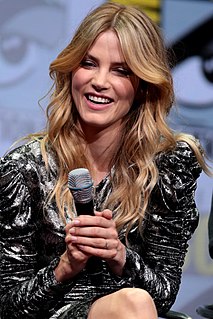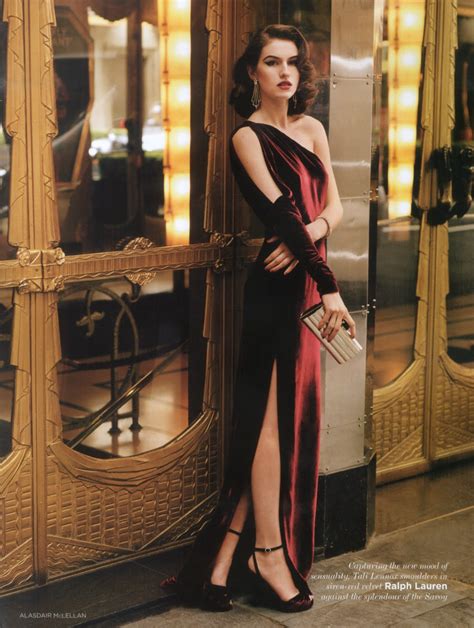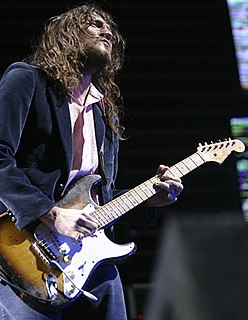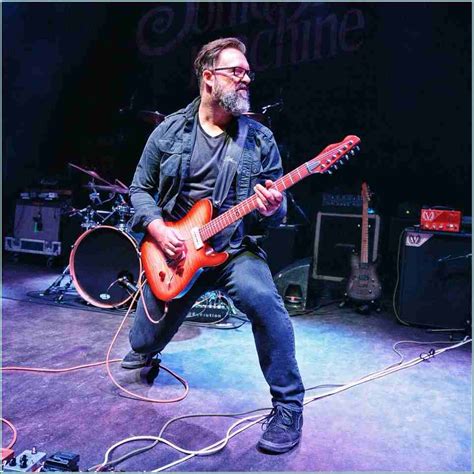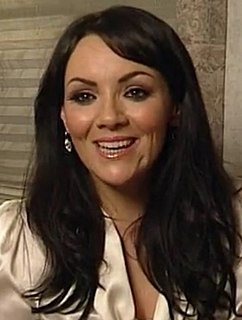A Quote by Sylvia Hoeks
Being in the camera's eye is like stepping into a dream world, one that is often more interesting than real life.
Related Quotes
I realize how myself and other people have started to almost fool ourselves that it's more important to us and more real than the real world, the offline world, and we value looking at our phone and pixels on a screen more than connecting eye to eye with a human being, which is terrifying to me because we're becoming robots.
I can also be very happy in this life, but it's usually happiness that I get from other lives I've lived and other dimensions. This life is hardly important to me. It's very small compared to the importance that I think the fourth and fifth dimension have. Those places are much more real to me, like when you have a dream and it's more real to you than real life. Compared to where I'll be going, this life seems like a dream that just feels like a dream.
Of course, the camera is a far more objective and trustworthy witness than a human being. We know that a Brueghel or Goya or James Ensor can have visions or hallucinations, but it is generally admitted that a camera can photograph only what is actually there, standing in the real world before its lens.
With photography, everything is in the eye and these days I feel young photographers are missing the point a bit. People always ask about cameras but it doesn't matter what camera you have. You can have the most modern camera in the world but if you don't have an eye, the camera is worthless. Young people know more about modern cameras and lighting than I do. When I started out in photography I didn't own an exposure meter - I couldn't , they didn't exist! I had to guess.
I really wanted to be a model when I was little. I loved photography, and I loved being on camera. But I was short and chubby, so I couldn't. Anyway, being an artist is way more interesting than just being a model because it's about you and what you want to be. You're not being treated like a clothes hanger.
The contemporary artist...is not bound to a fully conceived, previsioned end. His mind is kept alert to in-process discovery and a working rapport is established between the artist and his creation. While it may be true, as Nathan Lyons stated, 'The eye and the camera see more than the mind knows,' is it not also conceivable that the mind knows more than the eye and the camera can see?
